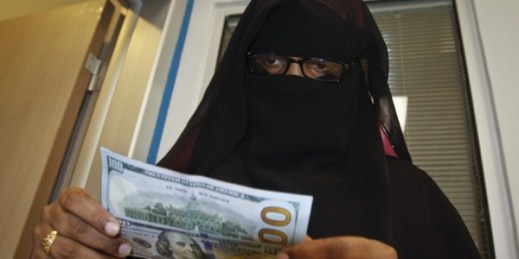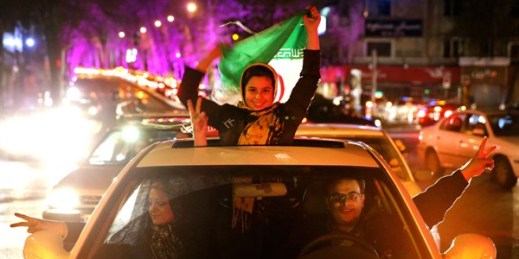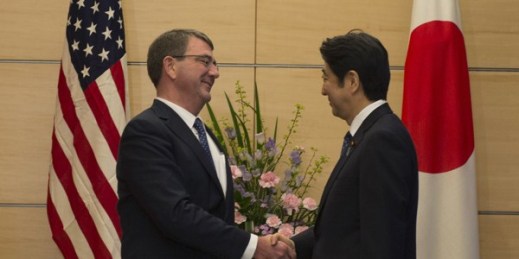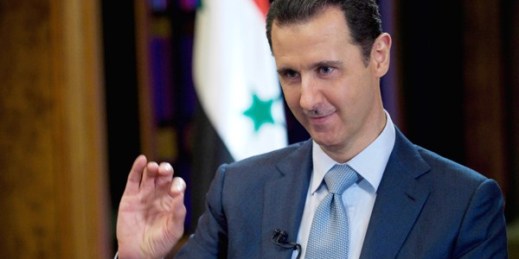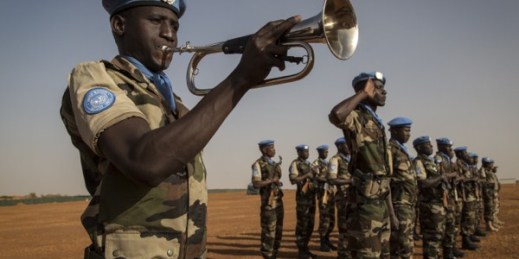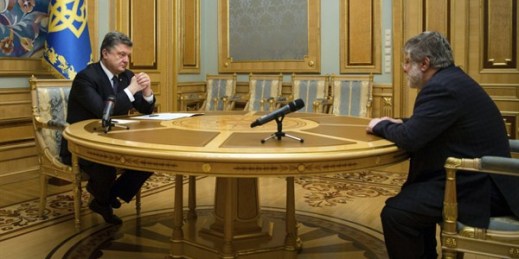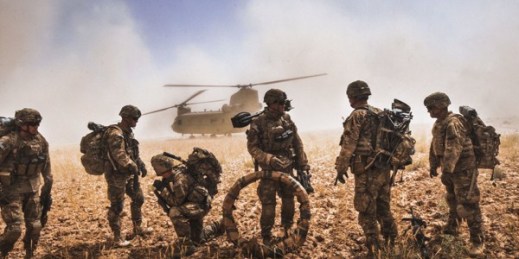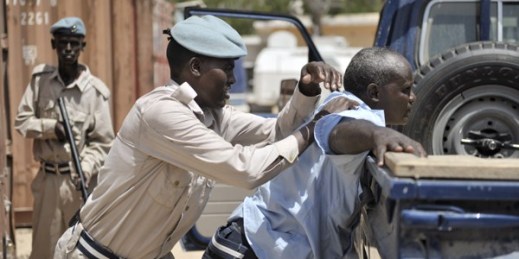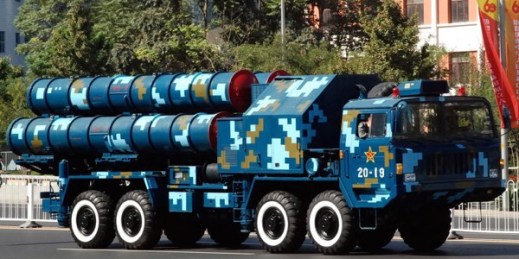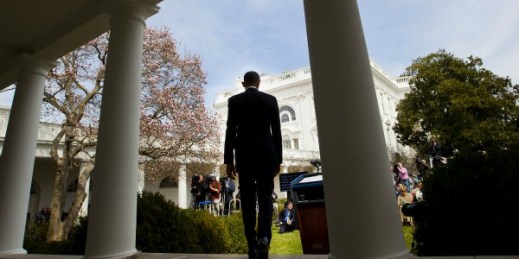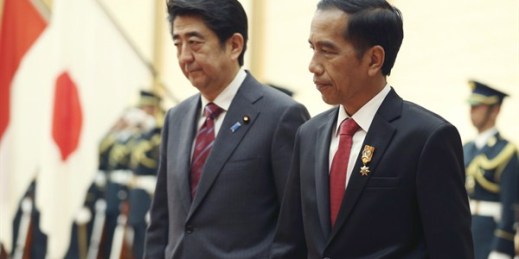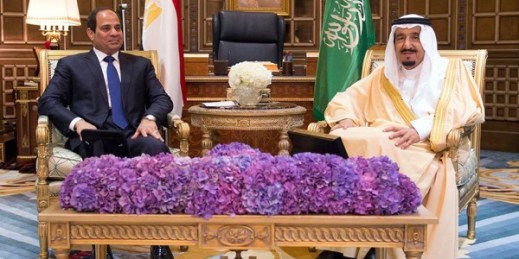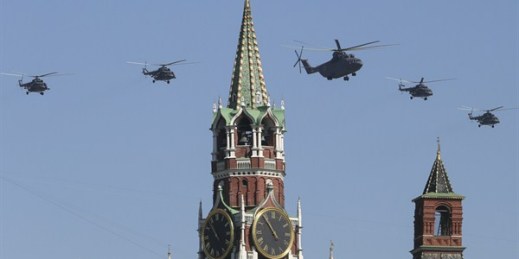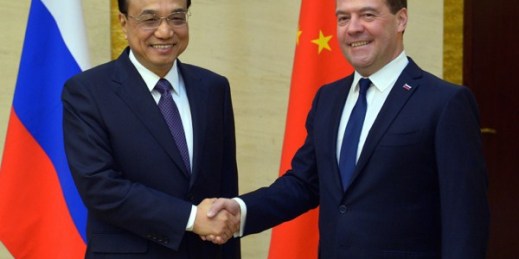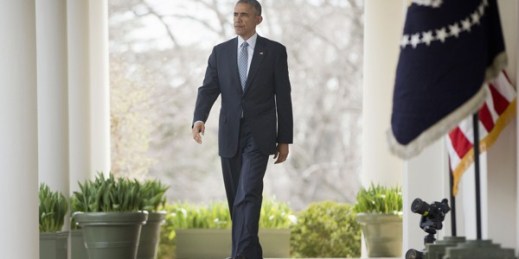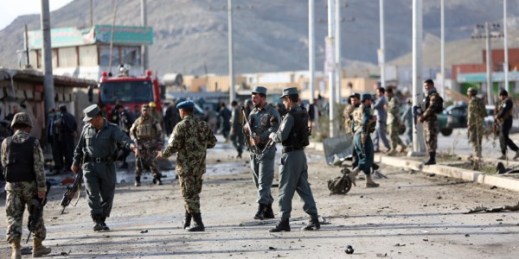
Most days in March, pairs of young men mounted Honda 125 motorbikes to ride out of a mud-walled compound in the town of Muslimbagh, in Pakistan’s province of Baluchistan. Turbans wrapped around their faces to ward off the dust, they headed for the Afghan border, 50 miles away. These young men, recruits from the marginalized Pashtun communities of the borderlands, were riding off to be fighters for the Taliban. Most of their peers who have not taken up arms toil as casual laborers for the meagerest of pay. By joining a dilgai, or Taliban armed group, the young Pashtun men […]

